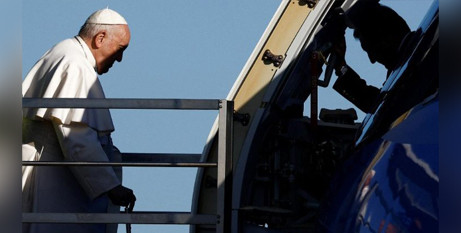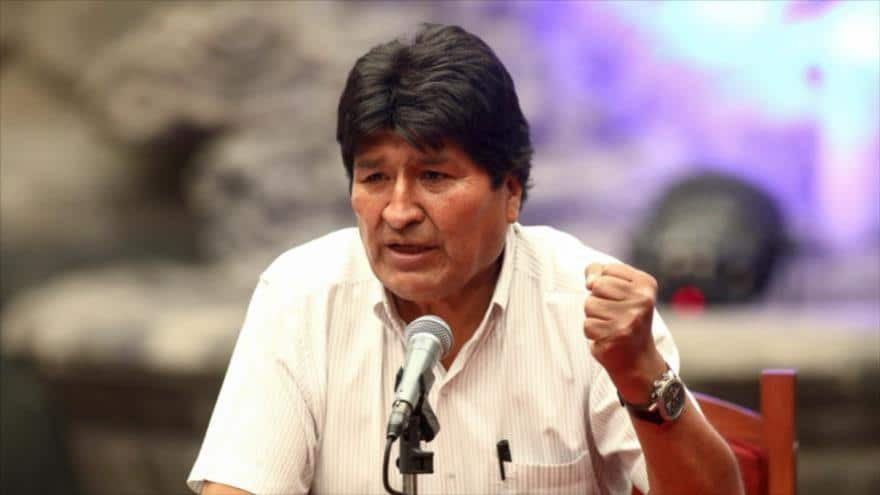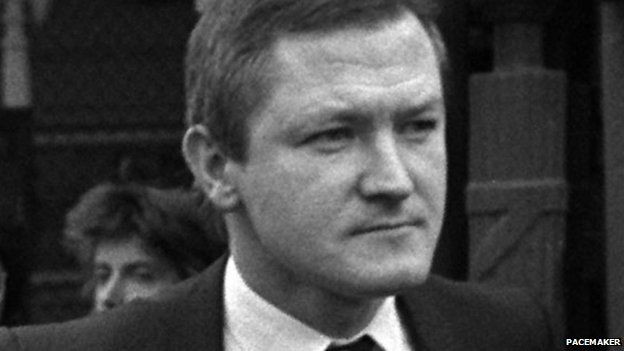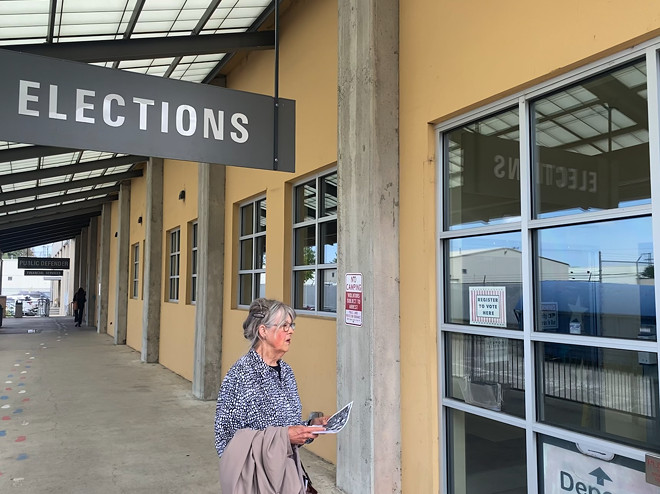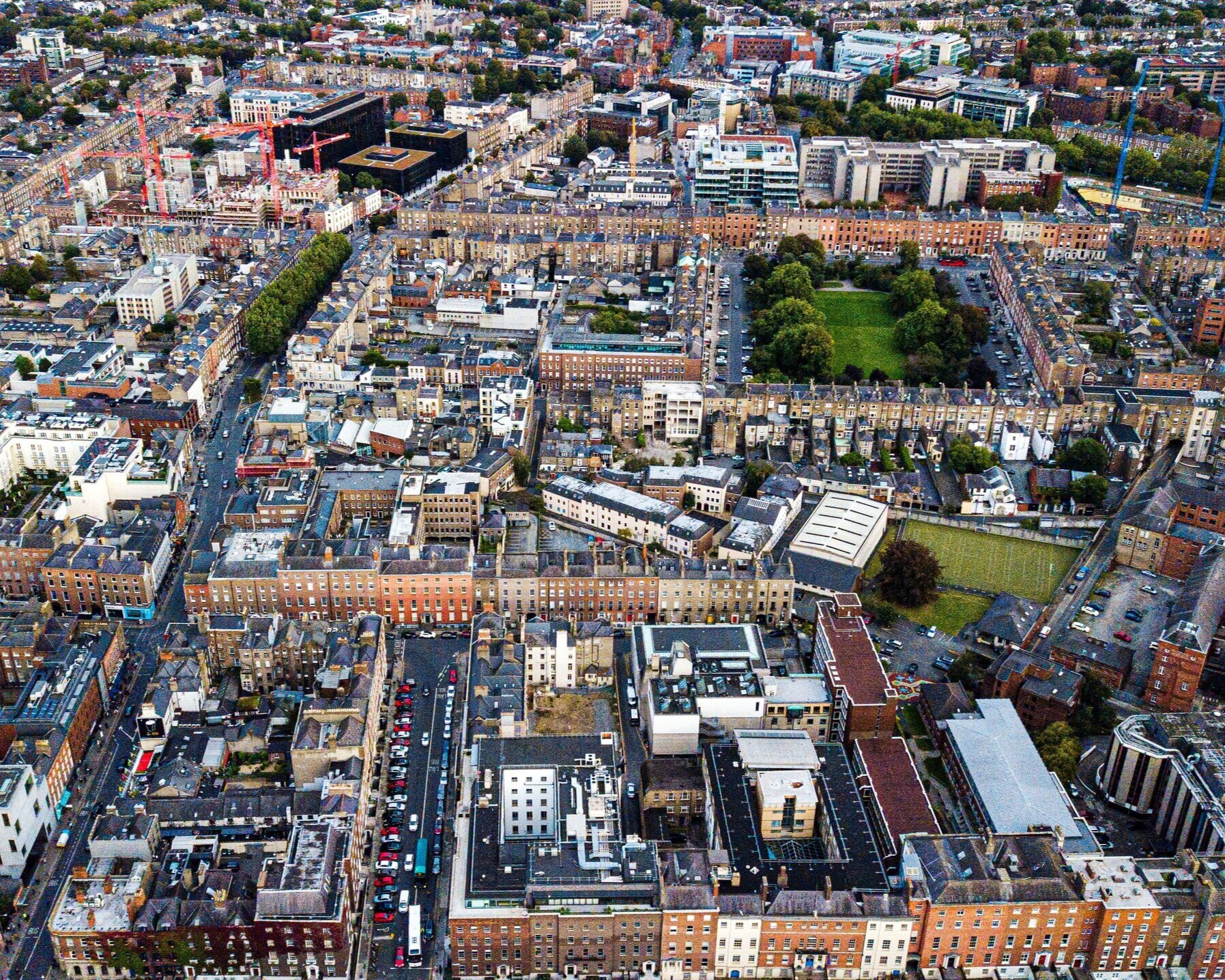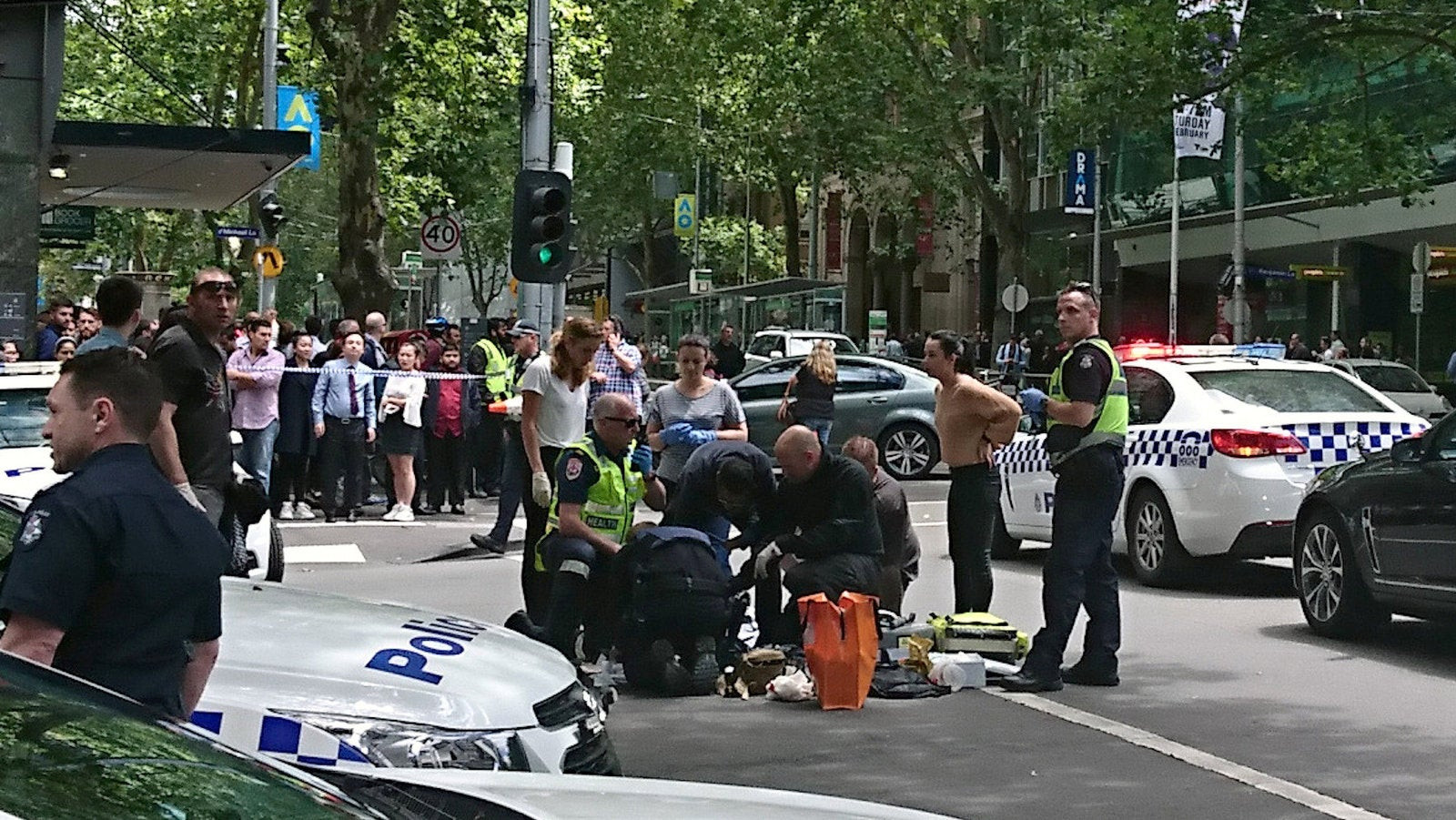With a 21-cannon salute, Pope Francis was welcomed to Papua New Guinea Sept. 6, the second stop on his four-nation visit to Asia and the Pacific. After flying five and a half hours from Jakarta, Indonesia, the 87-year-old pope landed at Jacksons International Airport in Port Moresby and was greeted with flowers from children wearing traditional dress. John Rosso, Papua New Guinea's deputy prime minister, led the official welcome ceremony, which featured the cannon salute, a review of the honor guard, the playing of the Vatican and Papua Guinean national anthems and the presentation of their respective delegations. Although the pope landed an hour after sunset, the roads from the airport were lined with thousands of people hoping to see him. Many held long-handled, battery-powered candles.
The pope's journey here is the furthest country from Rome that he has visited in his 11-year-papacy. At 87-years-old, Francis has defied many expectations by undertaking a journey to a country where many governments, including the U.S. State Department, have cautioned against travel.
The pope's Sept. 2-12 journey through southeast Asia and Oceania is the longest of his pontificate. Despite his advanced age and a range of health challenges, the pope fared remarkably well during the Indonesian leg of the tour where he repeatedly pleaded for the world's most populous Muslim-majority nation to commit to reject extremism and to live harmoniously with its minority-Christian population.
The nation, and particularly Port Moresby, has been plagued by crime and gang violence for decades. In January, riots broke out over a cut in the salaries of public workers. Papua New Guinea is known as a land of hundreds of ethnic groups living in remote areas and speaking their own languages; it is rich in natural resources, including gold, copper and natural gas, but one-third of the population lives below the poverty line. This underscores the challenges the pope will face, particularly in addressing social justice issues and promoting peace and reconciliation.
Despite the challenges, the pope's visit is a beacon of hope for the Catholic faithful in Papua New Guinea, who make up a majority of the population. Unlike Indonesia, where Christians are a small minority, in Papua New Guinea an estimated 98% of the population is Christian. According to Vatican statistics, Catholics represent about 31% of the nation's 8.2 million people. With Pope Francis, the Pacific-island nation was hosting its third papal visit; St. John Paul II visited in 1984 and again in 1995. The pope's arrival, therefore, is a historic moment for the country, and his presence is seen as a source of encouragement and inspiration for the local Church.
Pope Francis' itinerary for his trip Sept. 2-13 focused only on the capitals of Indonesia, Timor-Leste and Singapore. But in Papua New Guinea, the pope wants to visit a community of missionaries from Argentina ministering in and around the town of Vanimo in the northwest, so that was added to the schedule. The trip to the outpost will give Pope Francis an opportunity to pay tribute to the generations of foreign missionaries who have and continue to share the Gospel with the people of Papua New Guinea through their preaching and religious education, but also through their schools, orphanages, hospitals and work for justice and the safeguarding of creation.
Pope Francis' Focus on Social Justice in Papua New Guinea
Pope Francis' visit to Papua New Guinea is expected to be marked by his focus on social justice issues. The country faces a range of challenges, including poverty, violence, and environmental degradation, all issues that the pope has spoken out against in the past. He is expected to use his platform to call for greater attention to these issues and to advocate for the poor and marginalized. The trip will see Pope Francis interacting with various groups, from government officials to children in street situations and those with disabilities. He will also hold a meeting with the Bishops of Papua New Guinea and Solomon Islands, and with priests, deacons, consecrated men and women, seminarians, and catechists.
Pope's Agenda in Papua New Guinea
During his visit, Pope Francis will address a number of local concerns, including climate change, natural disasters, violence against women and girls, and rising inequality. These issues are deeply intertwined with the country's social and economic fabric. Pope Francis' message is expected to be one of hope, urging the people of Papua New Guinea to work together to overcome these challenges. His visit will be a chance to reflect on the country's history, its present struggles, and its potential for a brighter future.
The pope's visit to Papua New Guinea is a significant moment for the country and for the Catholic Church. It is an opportunity for the pope to bring a message of hope and healing to a nation grappling with complex issues. His presence will inspire the faithful, remind the world of the importance of social justice, and serve as a catalyst for positive change. As Pope Francis' journey unfolds, his words and actions will be closely watched, and his message will be heard by millions around the world. This visit is a testament to the pope's commitment to reaching out to the peripheries and to sharing the Gospel message of hope and love with all people.
Concluding Thoughts: Pope Francis' Journey of Hope
Pope Francis' visit to Papua New Guinea is a reminder of the enduring power of faith and the importance of social justice. His message of hope and reconciliation will resonate with the people of Papua New Guinea and the world, inspiring them to work for a more just and equitable future. His journey to the South Pacific is a testament to the universal reach of the Catholic Church and its commitment to serving the poor and marginalized.




